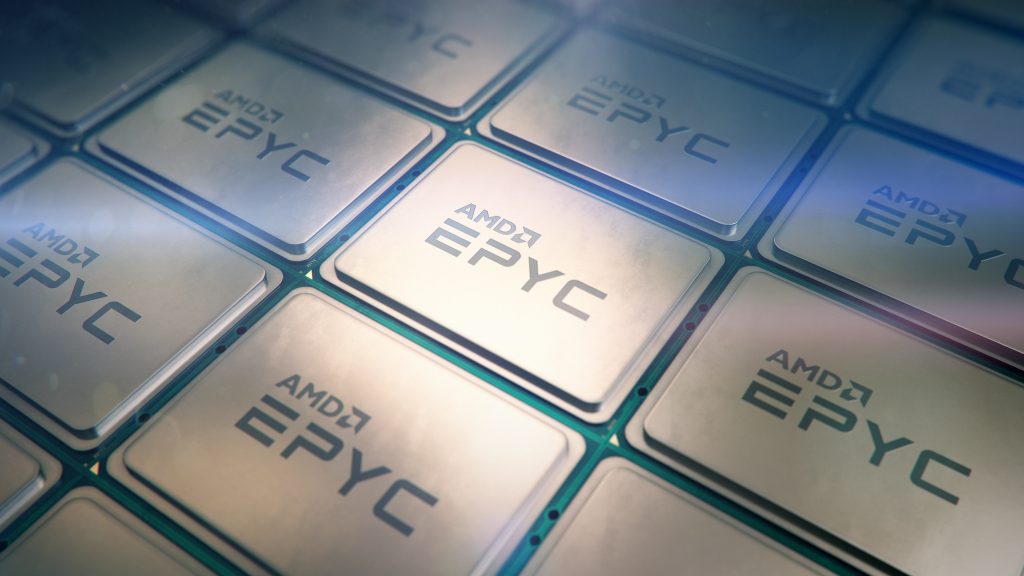Back in May, we covered how AMD and Cray, a supercomputing expert subsidiary of HP, would together build the world's fastest computer for the US Department of Energy. But apparently, another government plans to have a supercomputer built by both companies.
The UK government chose AMD and Cray to build the ARCHER2 supercomputer, made to replace the current ARCHER stationed in the University of Edinburgh. The new ARCHER2 will be 11x faster than the original ARCHER, representing a “significant step forward in capability for the UK science community”.
The technical specifications for ARCHER2 are:
- A peak performance estimated at ~ 28 PFLOP/s
- System Design:
- 5,848 compute nodes, each with dual AMD Rome 64 core CPUs at 2.2GHz, for 748,544 cores in total and 1.57 PBytes of total system memory
- 23x Shasta Mountain direct liquid-cooled cabinets
- 14.5 PBytes of Lustre work storage in 4 file systems
- 1.1 PByte all-flash Lustre BurstBuffer file system
- 1+1 PByte home file system in Disaster Recovery configuration using NetApp FAS8200
- Cray next-generation Slingshot 100Gbps network in a diameter-three dragonfly topology, consisting of 46 compute groups, 1 I/O group and 1 Service group
- Shasta River racks for management and post-processing
- Test and Development System (TDS) platform, to be installed in advance
- Collaboration platform with 4 x compute nodes attached to 16 x Next-Generation AMD GPUs
- Software stack:
- Cray Programming Environment including optimizing compilers and libraries for the AMD Rome CPU
- Cray Linux Environment optimized for the AMD CPU blade based on SLES 15
- Shasta Software Stack
- SLURM workload manager
- CrayPat as profiler
- GDB4HPC as debugger
The new system will be installed in the same room as the ARCHER, therefore, a period of downtime will be expected, from 18th February 2020 to 6th May 2020, when ARCHER2 will be operational – as reported by Hexus. After that, there will be a 30-day stress test before full service begins.
KitGuru says: This is the second time this year that AMD gets a supercomputer contract alongside Cray, which is definitely good news for the CPU manufacturer. But the question that matters the most is: Will it run Crysis?
 KitGuru KitGuru.net – Tech News | Hardware News | Hardware Reviews | IOS | Mobile | Gaming | Graphics Cards
KitGuru KitGuru.net – Tech News | Hardware News | Hardware Reviews | IOS | Mobile | Gaming | Graphics Cards



